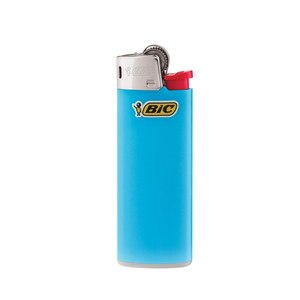I understand your frustration with tape, it does carry a lot of baggage with it in terms of ease of use and other liabilities.
In a way, your response validates my proposition that a quad cassette format would have been rejected from the git-go by the suits.
But, when you compare the quality of audio results of quadraphonic music matrixed onto stereo vinyl to discrete tape, it’s clear that tape wins the fidelity contest.
You had Q-8 tapes that had limited commercial success, but it WAS a discrete quad format where tape machine manufacturers got together with music producers to offer an interesting alternative to stereo. I feel it would’ve been nice (better) to have some quad cassettes made specifically to be played on well made quad cassette machines, but unfortunately they stuck with eight track.
And, all of my four track open reel machines will play a stereo tape, I just shut off the other two tracks. Even my 234 Syncaset machine has the ability to turn off two tracks for stereo, but it’s not compatible with std cassettes because it’s running at 3 & 3/4”/sec.
Sticky Shed Syndrome can be caused by poor storage, buying cheap consumer tapes, or played on poorly maintained machines, etc.
I have always tried to buy the highest quality professional grade tape stock obtainable and store them in a cool dry place. As far as incompatible formats, it’s to be expected you will get garbage if you play an incompatible tape in a machine designed for another format.
Good cassettes recorded properly are very reliable and sound amazing in a quality machine.
My TASCAM 234 is a fairly decent discrete quad cassette machine with each channel having the same density of quality recorded signal as any two way, four track, stereo cassette, and it’s a very nice truly discrete quad format.
All I’m saying is that in the early 70s when quad was just getting started, there were three easy tape formats that would've been competitive with matrixed vinyl quad. Open reel, cassette and eight track. I think they should have gone with quad cassette machines instead of Q-8 eight tracks. Plus, The bandwidth is nearly the same between cassette and 8-trk, without the crude endless loop foolishness of 8-track.
In a way, your response validates my proposition that a quad cassette format would have been rejected from the git-go by the suits.
But, when you compare the quality of audio results of quadraphonic music matrixed onto stereo vinyl to discrete tape, it’s clear that tape wins the fidelity contest.
You had Q-8 tapes that had limited commercial success, but it WAS a discrete quad format where tape machine manufacturers got together with music producers to offer an interesting alternative to stereo. I feel it would’ve been nice (better) to have some quad cassettes made specifically to be played on well made quad cassette machines, but unfortunately they stuck with eight track.
And, all of my four track open reel machines will play a stereo tape, I just shut off the other two tracks. Even my 234 Syncaset machine has the ability to turn off two tracks for stereo, but it’s not compatible with std cassettes because it’s running at 3 & 3/4”/sec.
Sticky Shed Syndrome can be caused by poor storage, buying cheap consumer tapes, or played on poorly maintained machines, etc.
I have always tried to buy the highest quality professional grade tape stock obtainable and store them in a cool dry place. As far as incompatible formats, it’s to be expected you will get garbage if you play an incompatible tape in a machine designed for another format.
Good cassettes recorded properly are very reliable and sound amazing in a quality machine.
My TASCAM 234 is a fairly decent discrete quad cassette machine with each channel having the same density of quality recorded signal as any two way, four track, stereo cassette, and it’s a very nice truly discrete quad format.
All I’m saying is that in the early 70s when quad was just getting started, there were three easy tape formats that would've been competitive with matrixed vinyl quad. Open reel, cassette and eight track. I think they should have gone with quad cassette machines instead of Q-8 eight tracks. Plus, The bandwidth is nearly the same between cassette and 8-trk, without the crude endless loop foolishness of 8-track.




